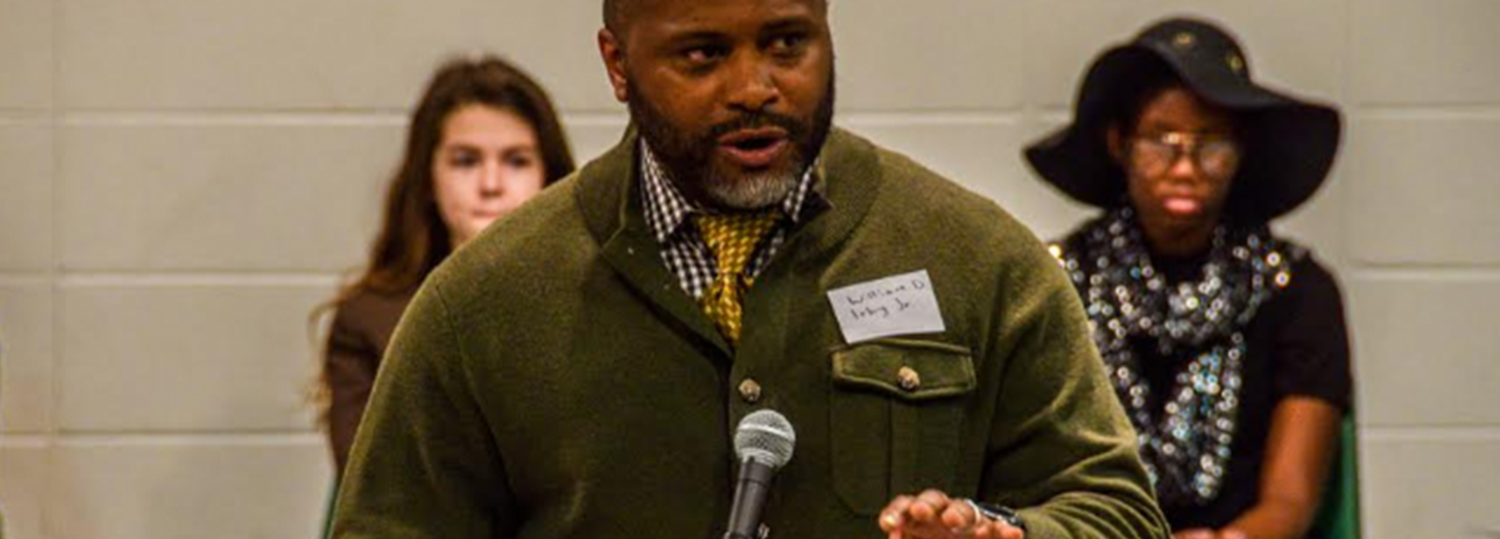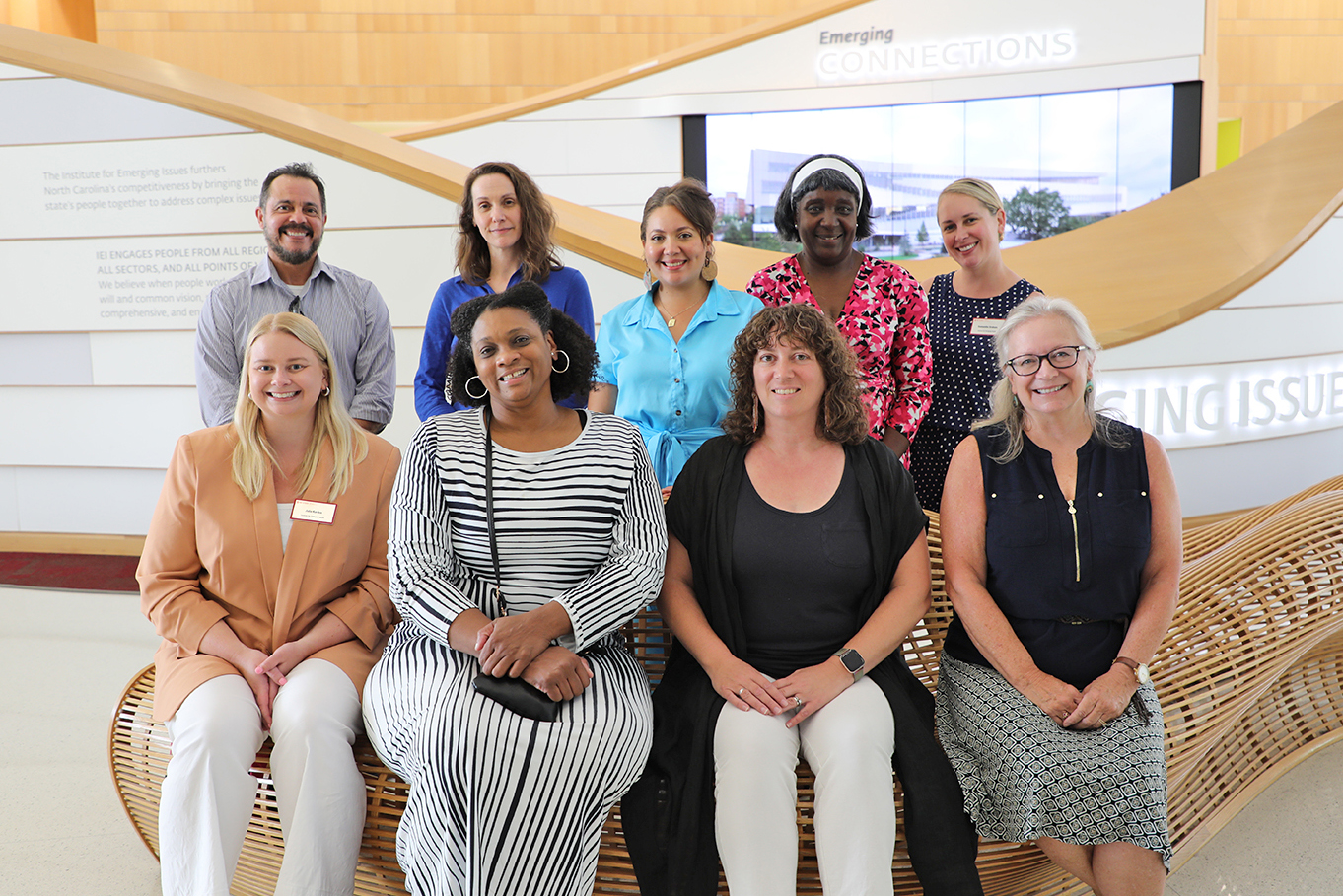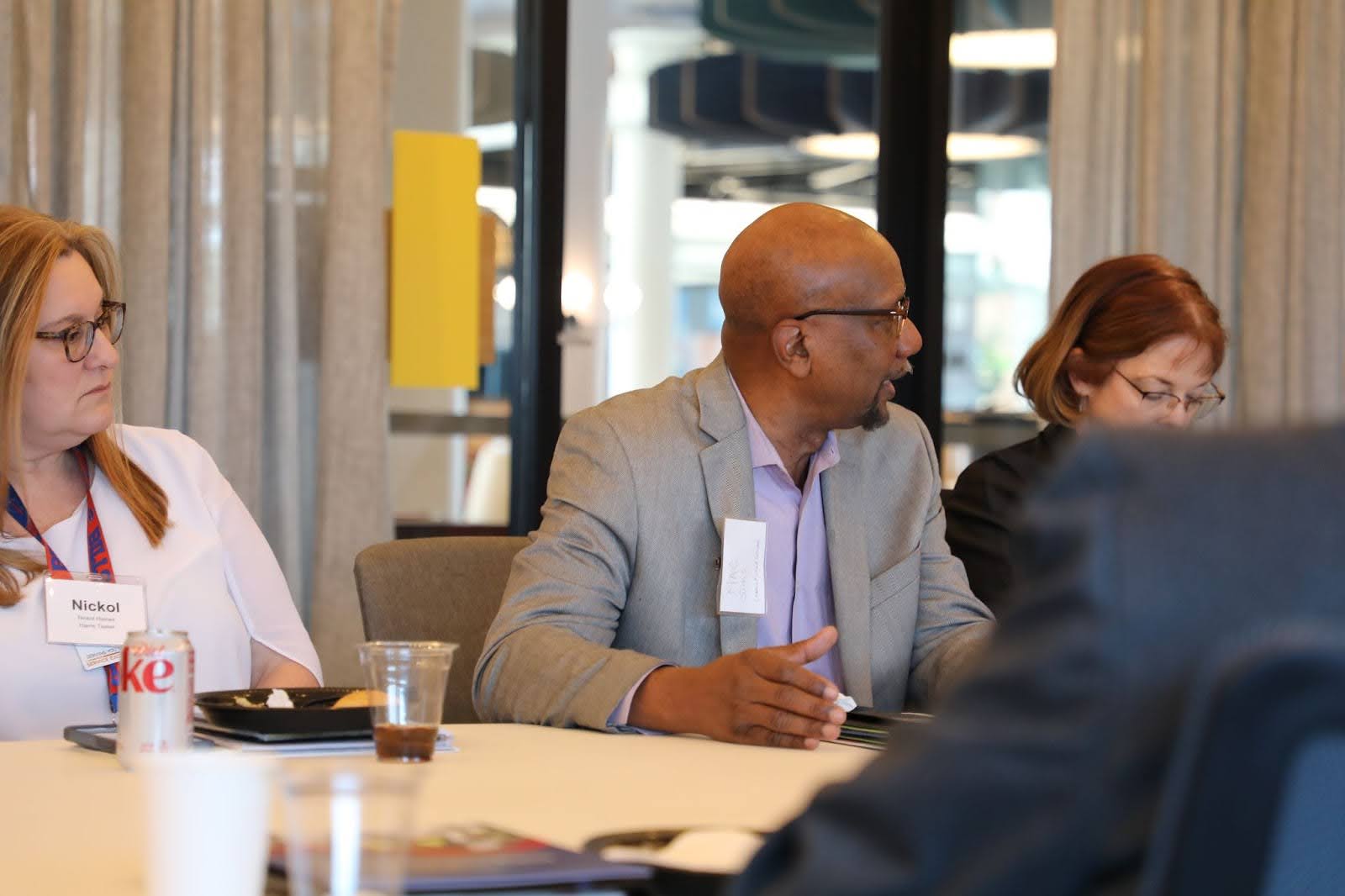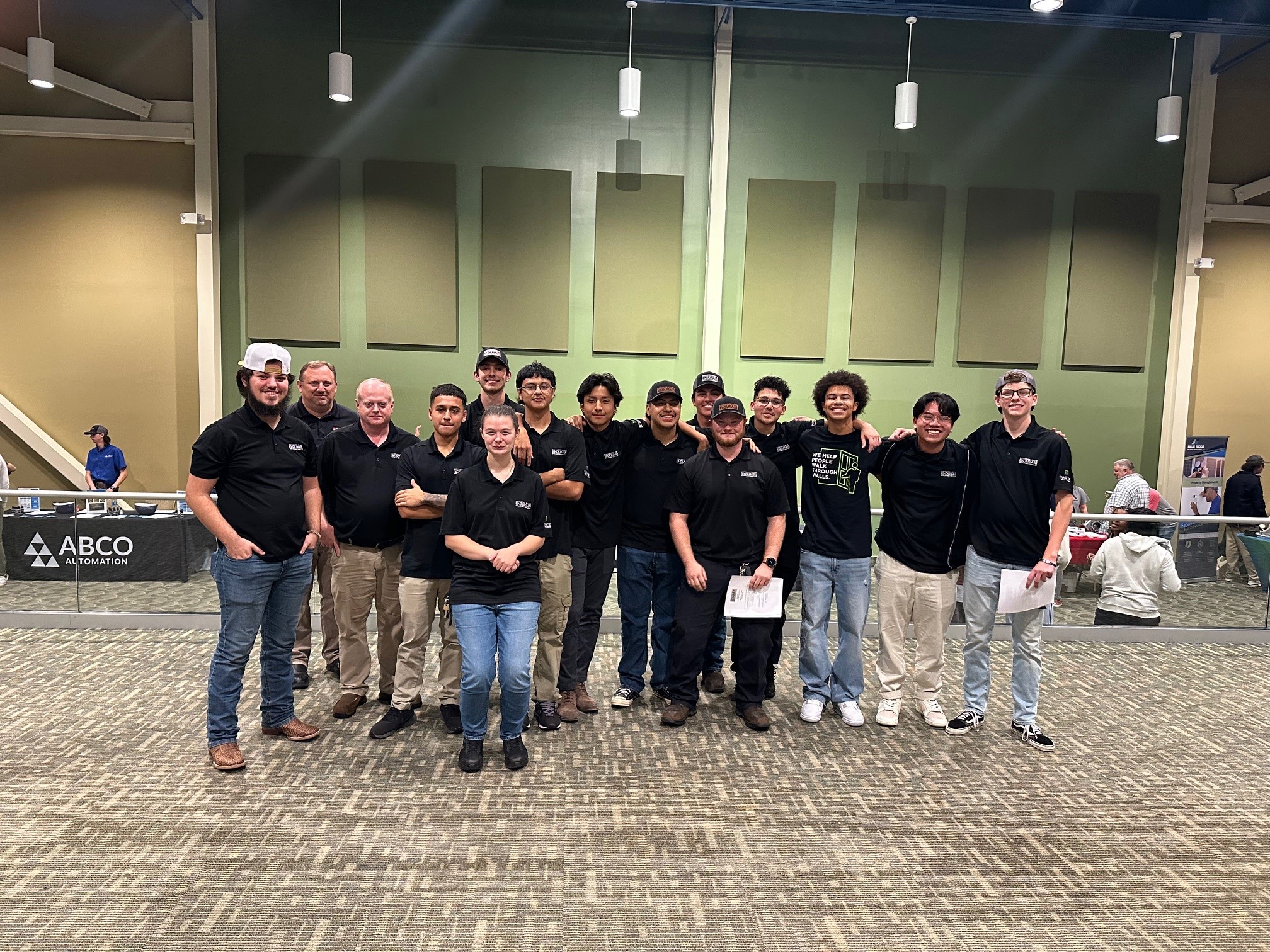Choosing Social Equity Series (Reconnect to Community)

The challenge of the Choosing Equity Series (CES), led by the Asheville City Schools Foundation (ACSF), is overcoming deep-rooted issues of race and equity and, as director Copland Rudolph puts it, “repairing the breach.”
One part of the breach dates back to the time of segregation. Stephens-Lee High School was a fixture for the Black community: a source of pride and educational success. Shortly after segregation ended, the school (but not the gym) was bulldozed, and its students were divided into two now-integrated schools. Program organizers say the problem was not integration, but negation—the taking of a community’s history and the shuffling of students into an environment where many of them, and their parents, did not feel welcomed. As an unfortunate legacy of this (and other, systemic issues), too many parents of color remained disengaged from their children’s schools.
The purpose of the CES, one of five efforts across the state selected by IEI as models for “reconnecting to community,” was to initiate discussion, allowing community members to share their past experiences, their current feelings and the problems they saw their community facing, while at the same time connecting them to field experts and philanthropic organizations that could help address those problems. Through this series, as well as the community listening projects, the complex situation came to be better understood.
Following a community needs assessment, facilitated by United Way of Asheville and Buncombe County, program director Tiffany De’Bellott and a community of parents identified three problem areas: 1) parents felt unwelcome and inadequately informed by the schools; 2) they felt that their voices would not be heard, and that they couldn’t form authentic relationships with teachers; and 3) they wanted to develop more of the skills that would help them to become community leaders, paving the way to greater economic opportunity.
Out of this, the Parent Leadership Program emerged. Parents attended weekly meetings, focused on either the discussion of problems (e.g. internalized racism, economic hardship) or the development of skills and knowledge (e.g. public speaking, health and wellness). These leaders served as “engines of connection” who interacted directly with teachers and served as mediators between teachers and other parents. Their actions have begun to inform policy and their visibility signaled to members of their community that “you are welcome here and your voice will be heard.”
This bottom up, equity-minded approach guides much of the “reconnecting” work that ACSF does. Through their IRL (In Real Life) After-School Program, they cultivate student leaders and use their insights to direct activity planning and identify issues that students are grappling with. Other insights from CES resulted in ACSF funding initiatives designed to address whole systems, not just individual student challenges, such as a high school Writing Center and student Racial Equity Ambassadors, who lead professional development workshops for teachers. Finally, ACSF’s TAPAS program, which brings resident artists into ACS schools, has emphasized connecting local artists of color to K-12 classrooms.
In these exceptional times, ACSF has seen the needs of their community change and has adapted accordingly. Hearing the hardships of student families, they expanded their emergency assistance fund four-fold, so they can support more families in need. The emphasis of after-school programming has shifted from academic support to social, emotional and physical well-being. For Gregory Hall II, program manager, that means coordinating safe exercise events, cooking demonstrations and training, and a variety of virtual meetups, but also finding ways to relay student equity concerns to people who may not want to hear them: “There is a way to say what needs to be said, without demonizing the person… I have to ask, am I trying to harm or am I trying to bridge this gap that is here?”
Raising those questions and doing that work is a hard but essential part of the Choosing Equity Series, one endorsed by ACSF director Copland Rudolph: “We have to be a learning organization that is about growth…even when that growth makes (us) uncomfortable or scared.” ACSF has learned that in order to reconnect with the marginalized, they must listen and consider history from that perspective. From that place of acknowledgement and respect, a better future can be built.
Written by Chris Kampe
- Categories:


